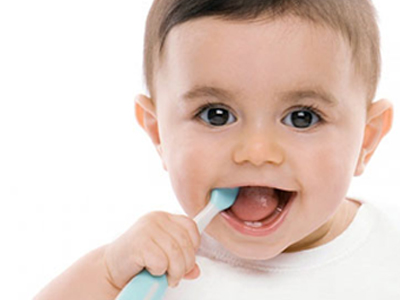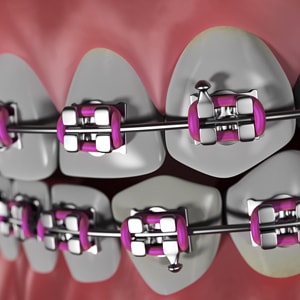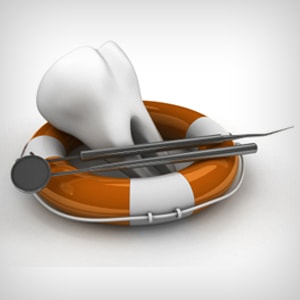How To Care For Your Toddler's Teeth

Toddler's Oral Care
Although your toddler's teeth are eventually going to be replaced by permanent teeth, it doesn't mean that you can ignore their oral health. Even before the teeth begin to come in, develop the habit of cleaning your baby's mouth at least once a day with a soft cloth. Once a tooth erupts, around six months of age, they are susceptible to the decay process. That is why we recommend that your child is seen by the dentist after their first birthday. Dr. Bowden will be able to discuss proper care of the teeth as well as developmental milestones to be aware of.
Diet
Sugar and sugary foods can be a tooth's worst enemy. Many parents think that juice is good for their child for a day-long choice. However, the sugar in food and drinks put the teeth at the risk for tooth decay.
Bottle feeding
Try to avoid the habit of allowing the child to sleep with a bottle at night. Baby bottle feeding should be used as a feeding, not as a pacifier. When the baby falls asleep sucking on the bottle, the carbohydrates in the milk or formula combines with the bacteria of the mouth to form an acid. It is the acid which destroys the enamel and causes decay.
Thumb-sucking
Naturally, babies have the habit of thumb-sucking and sucking reflex is normal and healthy in babies. There is no real harm in letting them suck their thumb. It can cause the problem if the children don’t give up thumb-sucking once the upper permanent teeth begin to erupt. As it can affect the position of teeth. Help your child stop the habit on their own by using positive reinforcement with the child.
Brushing
Cultivate your toddler's habit of brushing thoroughly by putting a pea size amount of toothpaste on the brush. Teach them to brush correctly by holding the brush at a 45-degree angle and use circular motions over the entire surface of teeth, and along the gum line. Regular flossing is critical as well to prevent decay developing in the areas where the teeth contact each other. Parents will need to do the flossing for their child until around 8 years of age when adequate manual dexterity has developed.
Fluoride
Fluoride has been shown to strengthen the enamel and make teeth more resistant to decay. Your child gets benefits of fluoride for the developing teeth in the water we drink. Fluoride rinses and toothpaste provide the benefits of fluoride to the teeth in the mouth.
Consult the Dentist
Develop the habit of taking your child to the pediatric dentist every 6 months and following the recommendations of your pediatric dentist for the overall oral health of your child.











 Post-Op Instructions
Post-Op Instructions
 Prevention
Prevention
 Restoration
Restoration
 Orthodontics
Orthodontics
 Our Services
Our Services




